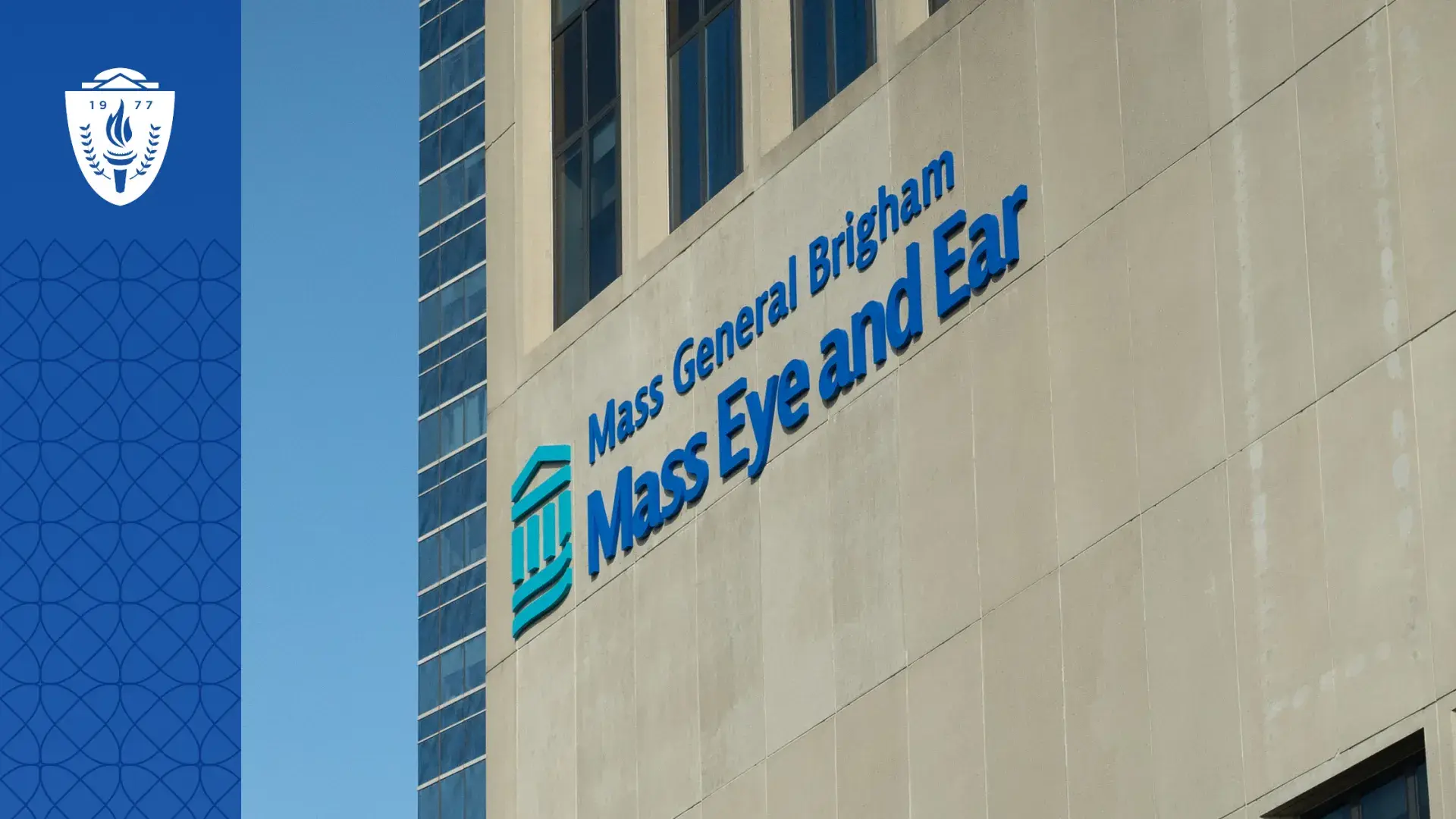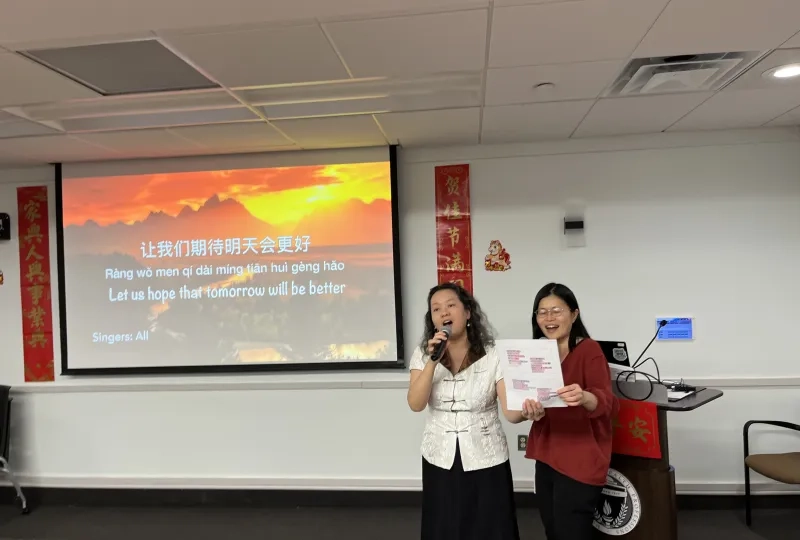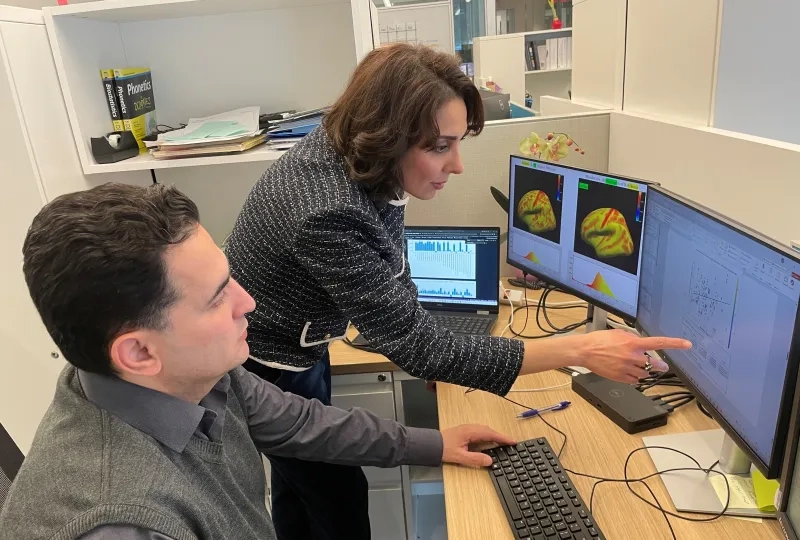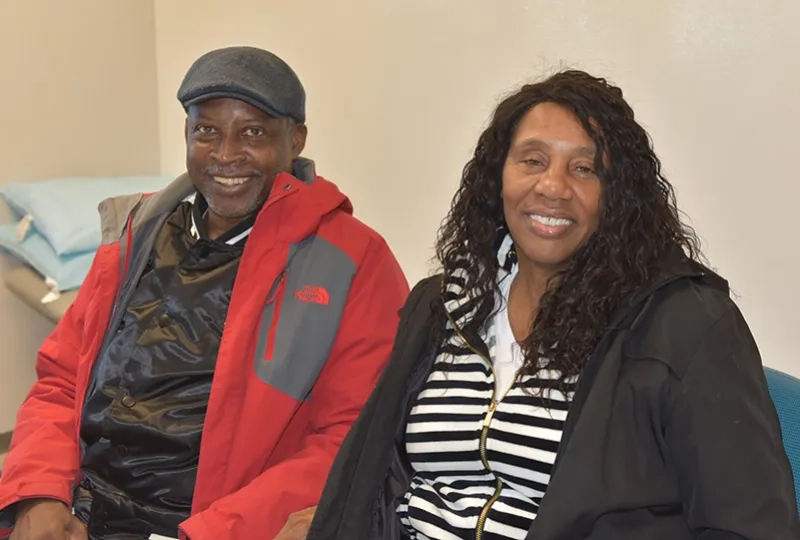
Two Common Causes of Hearing Loss
Hearing loss is a common condition that affects many older adults. Two of the most common causes are presbycusis (age-related hearing loss) and acoustic trauma (noise-induced hearing loss). While these causes can occur in isolation, they can also add together to increase the effects of hearing loss. These are not hearing disorders, but causes of hearing loss - a common hearing problem. We discuss these two types of hearing problems below.
Presbycusis (Age-Related Hearing Loss)
Presbycusis, or age-related hearing loss, is the gradual and permanent loss of hearing that occurs as people grow older. Approximately one in three people in the United States between the ages of 65 and 74, and nearly half of those older than 75 experience significant deficits in hearing loss due to aging.
Presbycusis is primarily caused by age-related changes to the sensory cells and other cellular structures in the auditory system. As these cells age and cease to function, sensitivity to sound decreases as well.
Acoustic Trauma (Noise-Induced Hearing Loss)
Acoustic trauma, or noise-induced hearing loss, is caused by exposure to loud noises over an extended period of time or to a few exposures to very loud sounds. Loud noises, such as those from construction equipment, firearms, or loud music, can damage the sensory cells and other cellular structures in the auditory system, leading to permanent hearing loss. The louder the noise and the longer the exposure, the greater the risk of acoustic trauma. The hearing loss that can occur with noise exposure adds to the effects of hearing loss due to aging. In some cases, people also complain of ringing in their ears (tinnitus) that can become a nuisance. In serious cases, tinnitus can become so bothersome that specialized audiologic intervention is necessary.
Symptoms of Hearing Loss
Regardless of the cause of hearing loss, the first symptom usually reported is an inability to understand what others are saying. In cases of age-related and noise-induced hearing loss, the ability to hear high-pitched sounds like "s" or "th" are among the first to be affected. As the hearing loss progresses, people may respond incorrectly when they misperceive what someone has said. This can sometimes alarm loved ones who may misinterpret these errors as cognitive impairment. Hearing will often continue to deteriorate until the person complains that they can hear that someone is speaking but the speech is not clear enough to be understood. The perception that people are mumbling is usually noticed first in noisy environments like the car or a restaurant, or when trying to hear someone speaking from a distance, like from another room in the home. Other symptoms include:
- Asking others to repeat themselves or speak more slowly
- Turning up the volume on televisions, radios, or other audio devices
- Tinnitus (ringing, buzzing, or other sounds in the ears)
- Feeling isolated or withdrawn due to communication difficulties
- Fatigue from straining to hear and understand conversations
Treatment
While age-related and noise-induced hearing loss are not reversible, there are treatments available to help manage the condition and improve quality of life. The most effective treatment is hearing aids to amplify sounds. These devices are available over the counter however, prescription and fitting of hearing aids by an audiologist will ensure the best outcome. Assistive devices for the telephone and television are also very helpful in addition to speech-to-text technologies.
At MGH IHP, we operate the Audiology Collaborative for Better Hearing (ACBH) clinic where Doctor of Audiology students provide diagnostic and intervention services under the direction of licensed Audiology instructors. If you or a loved one suspects a hearing loss, you can contact our clinic and request an evaluation at no charge.



